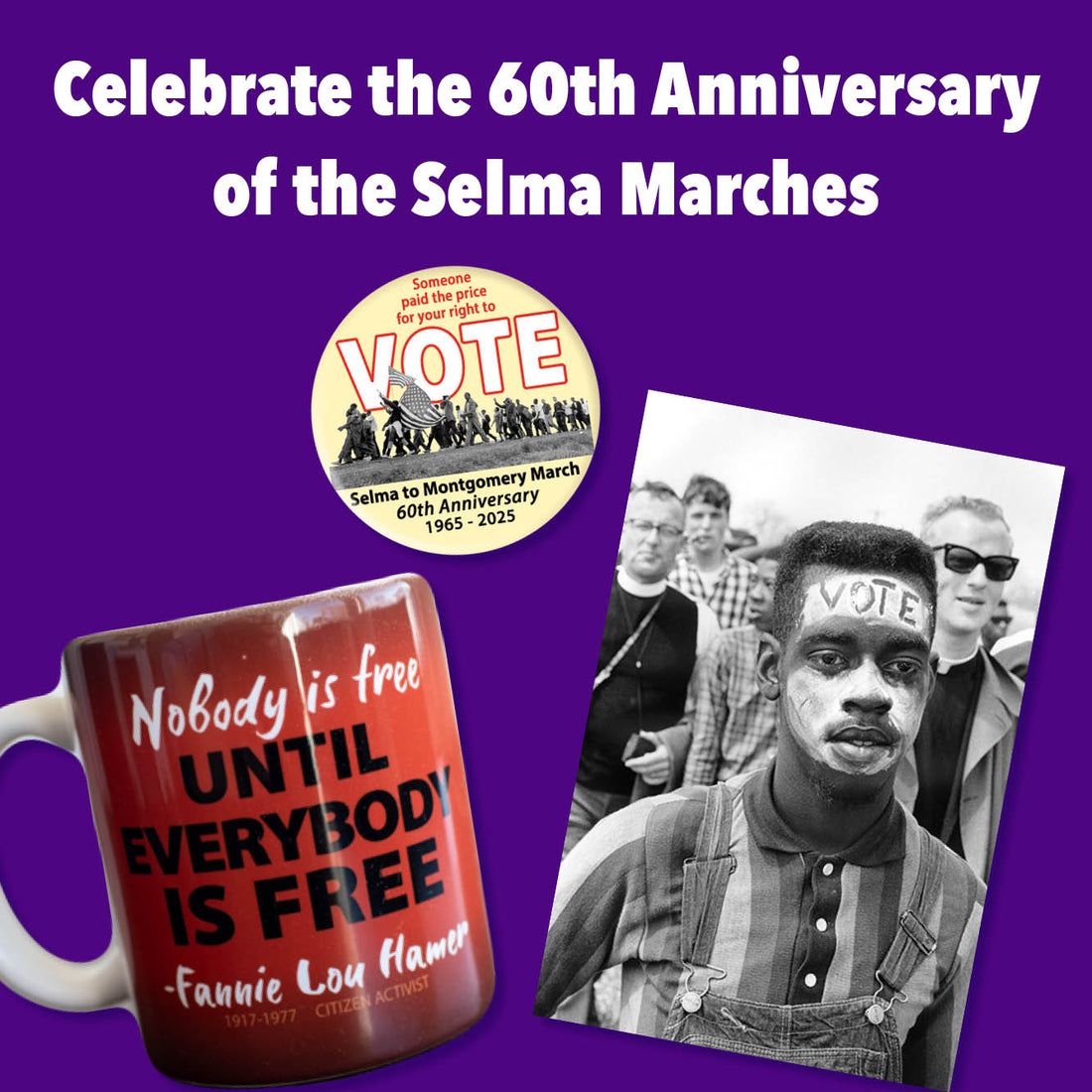
Lessons in Resistance – Selma 60th Anniversary
Share
March 7 was the 60th anniversary of Bloody Sunday, the day in 1965 when police in Selma, AL brutally attacked civil rights marches, cracking John Lewis' skull and sending 17 activists to the hospital. As we strategize and work to counter the threat of fascism today, there is much to learn from the Selma actions and the broader Civil Rights Movement.
The police violence on that day, particularly when contrasted with the dignified nonviolent marchers, brought international attention to the brutality of racist segregation and amplified Alabama’s denial of voting rights to African Americans.
The passage of the 1964 Civil Rights Act legally ended segregation, but did little to change the situation in Alabama. In January and February 1965 over 3,000 people had been arrested in a voter registration campaign that included the police murder of Jimmie Lee Jackson. As a next step, organizers planned a march to the state capitol of Montgomery.
On March 7, 1965 over 600 marchers who had just begun a planned 55 mile march, were brutally attacked on the Edmund Pettis Bridge. But the organizers weren't cowed or silenced, but planned how to continue their campaign for voting rights.
A second march, led by Dr. King, began two days later, but King cut it short as a federal court issued a temporary injunction against further marches. Not all the participants agreed with the decision to obey the court order. Later that night, civil rights activist James Reeb, a Unitarian Universalist minister from Boston, was murdered by white supremacists. The third march started on March 21 with 8,000 people. It was escorted by the Alabama National Guard under federal control to prevent additional attacks, and arrived in Montgomery on March 24. The following day, 25,000 people staged a demonstration on the steps of the Alabama State Capitol. On August 6, 1965 – just a few months after the march – President Johnson signed the Voting Rights Act into law, to prohibit racial discrimination in voting.
We celebrate these bold actions as an important part of our history, and as a reminder that ongoing efforts to limit voting rights continue in many parts of the United States (and likely played a role in Donald Trump's re-election).
PS: Check out our newest products to inspire today's resistance movements.
